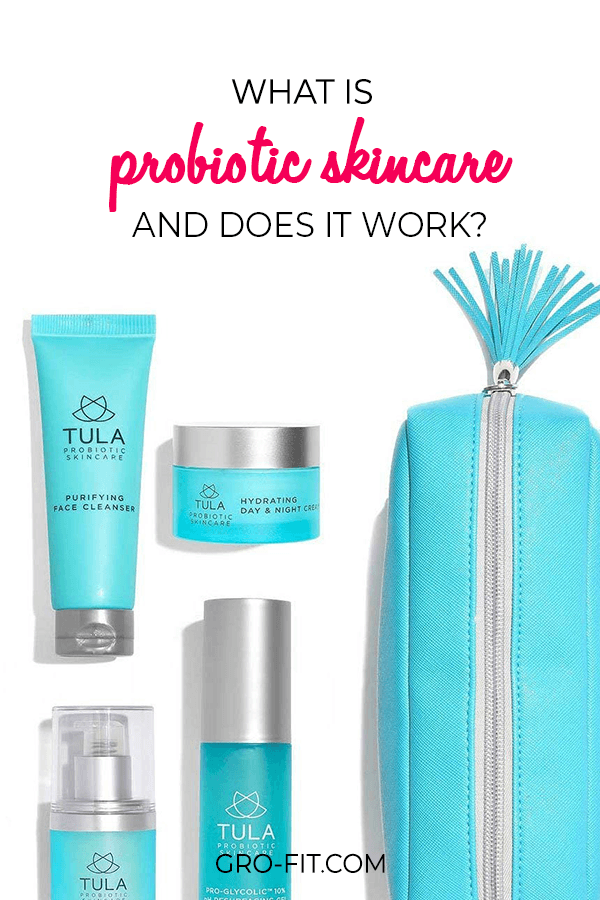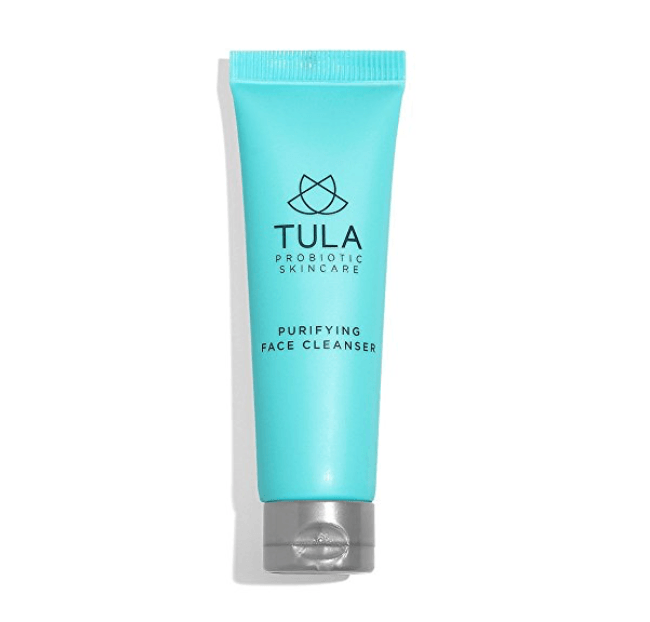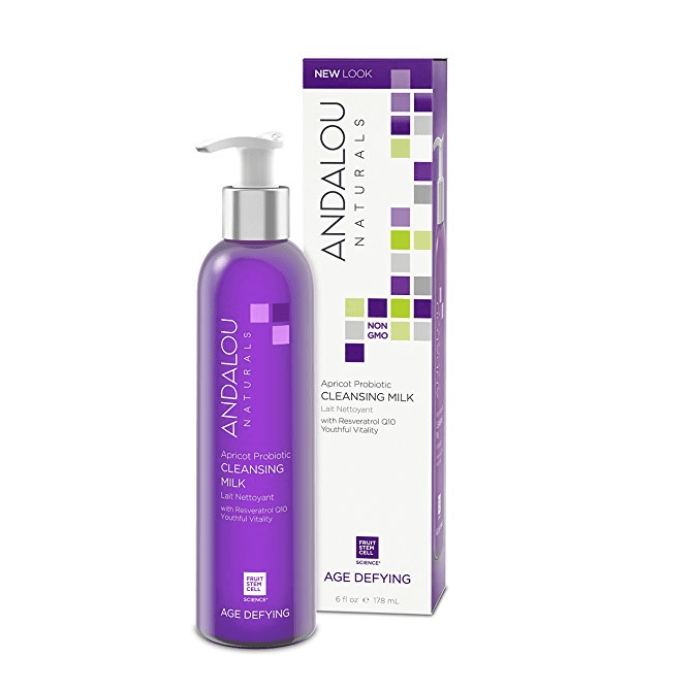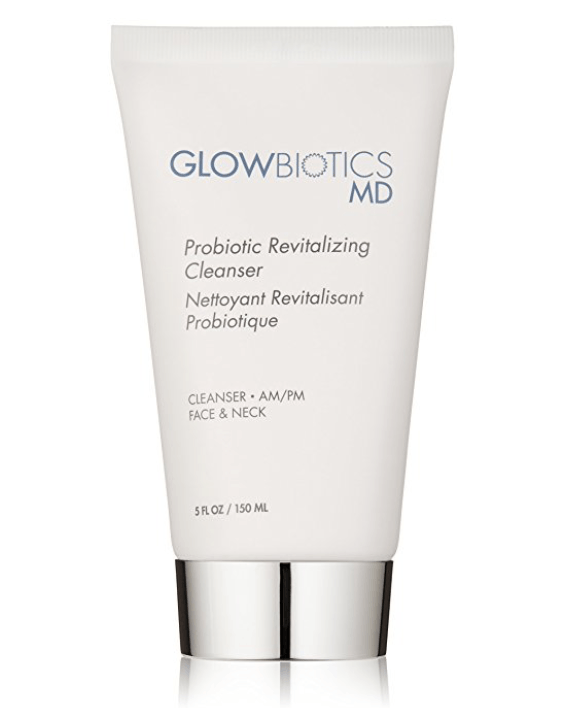There’s a well-studied link between the health of your gut and the health of the rest of your body. The microbiome in your digestive tract impacts everything from hormone production in your brain to the state of your skin.

There’s been a recent uptick in studying the connection between probiotics and skin health, especially in situations where probiotics can be applied directly to the skin. And no, that doesn’t mean slathering blueberry yogurt on your face or bathing in sour cream (although, Cleopatra swore by this method back in the day as part of her beauty regimen).
Your skin and your gut absorb nutrients, specifically probiotics, very differently. Your stomach and intestines are designed to absorb nutrients so your body can use them for fuel, while your skin, on the other hand, is designed to keep bacteria, viruses, and other microscopic bodies out so you can stay healthy. Cosmetic and dermatological companies are currently looking into how to best deliver probiotics topically to achieve the best results.
Is it even possible for your skin to absorb probiotics topically?
For your health and protection, only tiny particles can be absorbed through your skin. Unfortunately, probiotics are not tiny, relatively speaking. To get any benefits from topical probiotics they have to, essentially, be chopped up into smaller molecules. These smaller molecules are known as Probiotic Derived Bioactives (PDBs) and they mimic the action of live bacteria. Once the probiotics are cut down to this smaller size they can then be absorbed through your skin.
How do probiotics help your skin’s health?
Applying probiotics topically can do a lot for your skin according to those who use them. Probiotics can soothe inflammation, guard against oxidative stress and free radicals, and protect your skin from the dangers of pollution and its anti-aging effects, including fine lines and dark spots.
Probiotics also have the interesting ability to help rebuild and strengthen the skin’s barrier. Incorporating probiotics into your skincare regime helps speed up the process of repairing damage. There have also been studies showing that products containing lactobacillus (a type of bacteria usually found in yogurt) were effective in treating acne.
RELATED POST: Collagen Peptides vs Collagen Protein- Which One Should You Be Taking?
Using topical probiotics as an acne treatment is a very hot topic of study right now. One way doctors treat chronic acne is with antibiotics which “solve” the acne problem with a kind of carpet bombing approach. Instead of targeting the bad bacteria it targets all bacteria. But our skin needs the good bacteria to protect it. Topical probiotics may be able to increase the strength and population, if you will, of the good bacteria while fighting off the bad kind.
Do these products actually work?
The jury is still out on this one. While the connection between gut health and skin health is undeniable, conclusions are still being drawn when it comes to topical probiotics and skin health. The good news is that applying probiotics topically doesn’t appear to have any adverse symptoms and that it would only help boost the process of healing irritated skin. By using topicals and oral probiotics together you may be able to achieve greater improvement as it balances the microbiome on the outside as well as from within.
Editor’s Probiotic Skincare Picks
TULA Probiotic Skin Care Purifying Face Cleanser, Deep Pore Cleansing Wash $10.95
Andalou Naturals Apricot Probiotic Cleansing Milk $9.09





